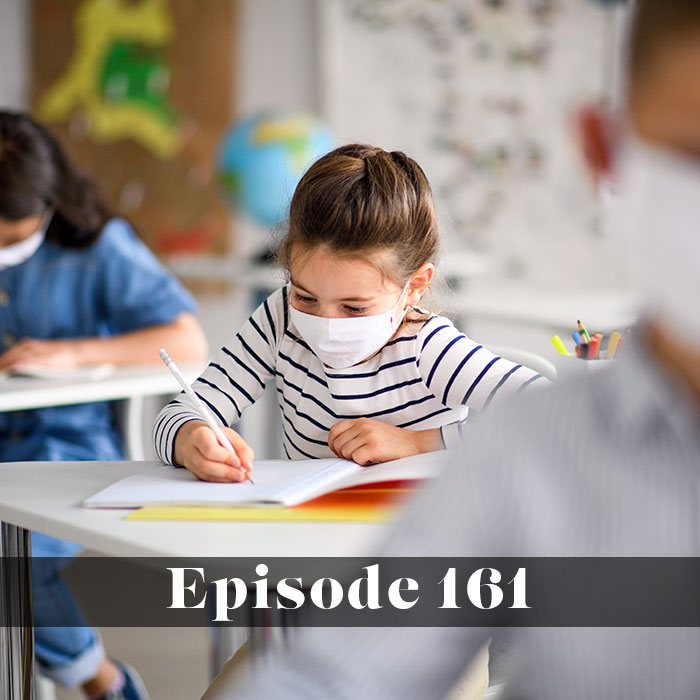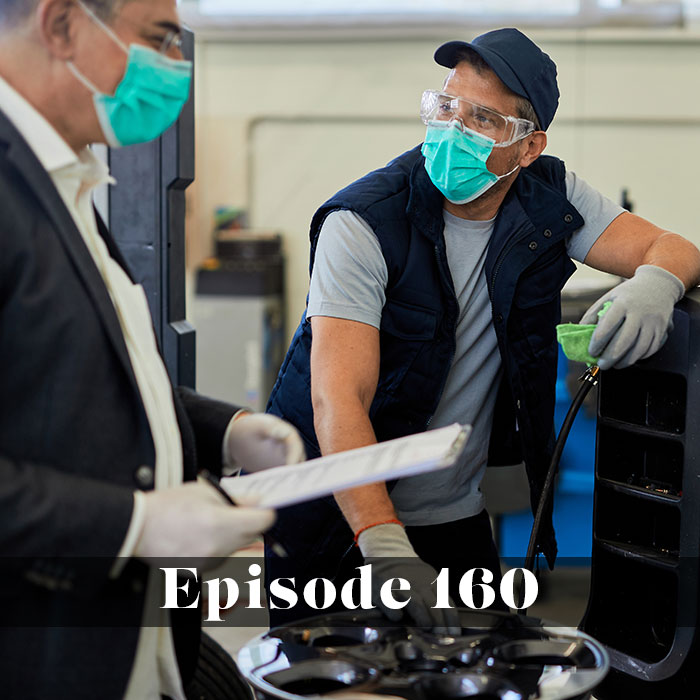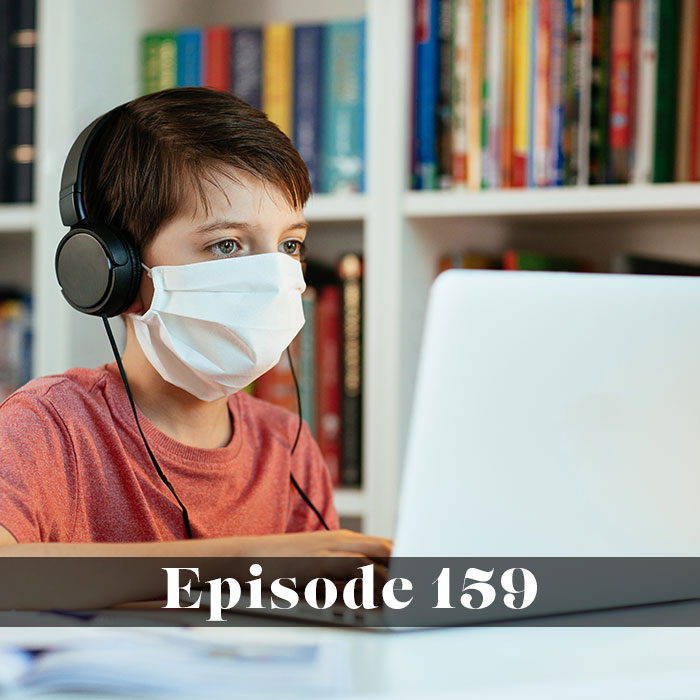In this episode of our podcast, hosts Carole Dorn-Bell and Joel Gagne talk about COVID-19 and what’s ahead for communication in schools.
They start out by discussing a holistic communication strategy. Social media metrics are through the roof as people are living entirely online. Regardless of what’s happening in the world, it remains true that you have to have a lot of tools in the tool box and multiple ways to reach people in your communities. Use the newspaper, for example, to complement other communication channels.
“Social media in isolation is not a good strategy,” Carole says. “Social media has to be wrapped in with all of your other communication.”
Joel recalls hearing from one school district that was struggling to reach senior citizens, which happens to be an important segment in their community. In the past they had bussed seniors to a breakfast and awards ceremony at the elementary school for a very popular event. Those sorts of events can’t happen today, but there are other creative solutions.
“The bottom line here is you’ve got to start thinking,” Joel says. “If you’re just sitting there saying I’m just going to tweet like I’m a maniac and that’s gonna be good enough, you really are missing the boat.”
The second key is that we need to accept that things are not getting back to normal anytime soon, and not everything should necessarily come back. It’s a good time to look at how we are running the education process as a whole.
As an example, one superintendent realized upon some reflection that the district was holding too many evening events. And so going into the next school year, the superintendent wants to avoid returning to so many events that keep families out at night. First, maybe it hits on the mental health of the kids and families. But second, she also doesn’t want to be in a position of having to cancel everything if the coronavirus situation doesn’t allow for events.
Joel says it’s similar to how things changed permanently after the terrorist attacks of September 11th. Putting health at the forefront is going to be important for school districts. Technology is also going to play a big role in the months and years ahead. Many school districts, especially in rural areas, did not have all the technology in place to do remote learning. There are stories of superintendents working with local internet providers to make sure every student is connected. Those things are going to have to be addressed going forward.
The third issue that Carole and Joel address is graduation and rites of passage.
Kids have been looking ahead to a graduation or a “clap out” that may or may not happen. They’ve waited for years and it can be devastating to not have these rites of passage occur as planned.
One superintendent in Ohio immediately said, look, kids deserve to graduate and to move on to turn the page. He shifted toward a virtual graduation for students.
“I really appreciated that he was aware that kids need to move on,” Carole says.
Another superintendent phrased it that he was as pained about this as the kids are because she wanted to see the students walk across the stage. Carole recommended that she get together some of these senior students on Zoom and ask them about their preference.
We have to acknowledge there is a bit of a mourning that’s happening with a lot of these things that are not taking place in the way that they thought they were.
The school districts best navigating the situation so far are diverse in their communication, flexible in their approach and have the infrastructure in place to back that up. School districts are going to look for that type of communication infrastructure that’s going to be flexible for any scenario that might impact their learning environment going forward.
Schools are really hitting their stride with the emergency remote learning. They should at least communicate with as much normalcy as possible the events and things that are happening.
With an eye toward the future, communications have to be in the forefront of everything schools are doing. Communication is how you accomplish your goals, and it can be your undoing if it’s not done well. It’s really exposed who has the different platforms out there that are available for use and who needs to retool.
We Love schools will continue to update as the pandemic progresses. In the meantime, if you want to send any listener mail our way, we’d love to hear from you.
Got a question or topic you’d like covered in an upcoming We Love Schools podcast? Email us at info@weloveschoolspodcast.com
First time listening to We Love Schools? Learn more about our weekly podcast.
Interested in learning more about how the Allerton Hill Communications team can help your school? Contact us today.






